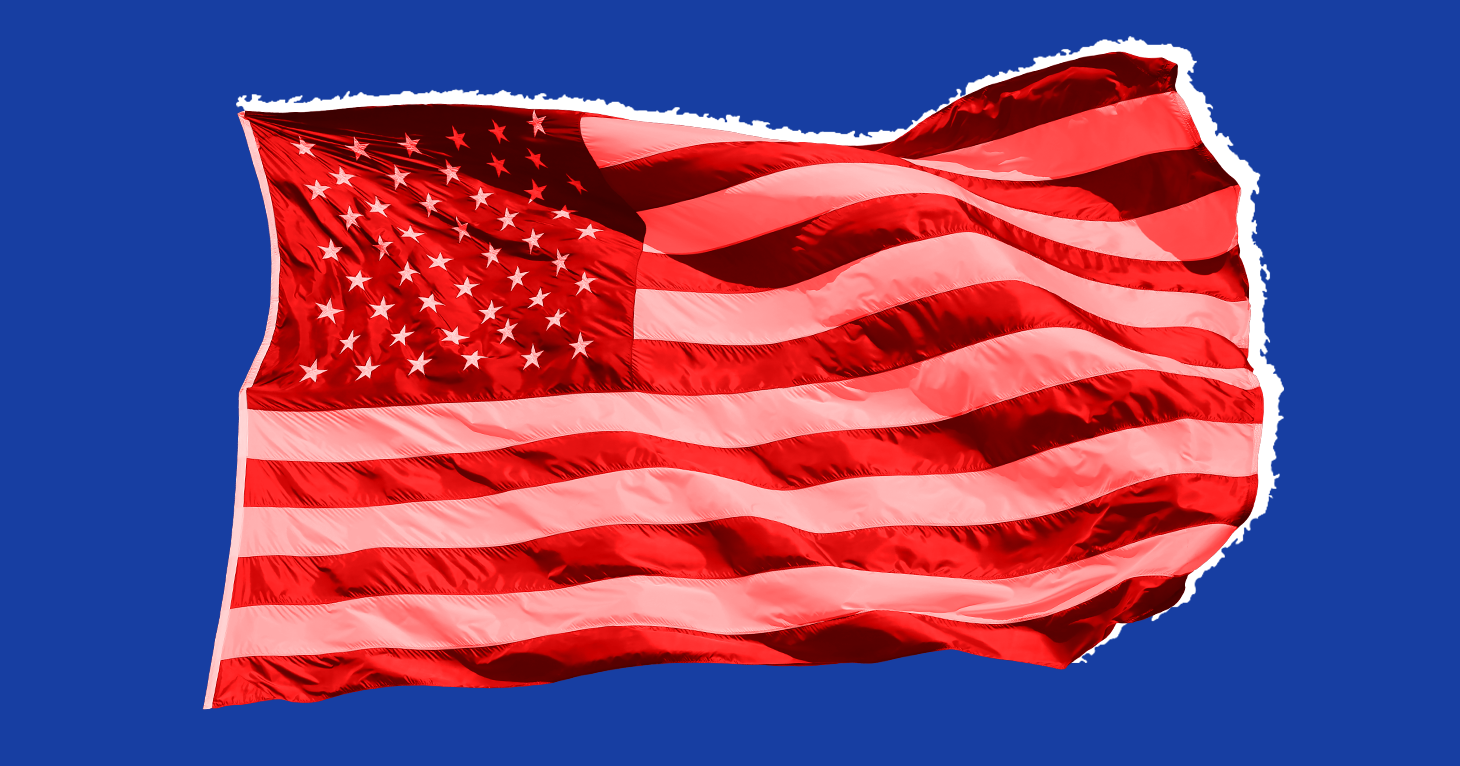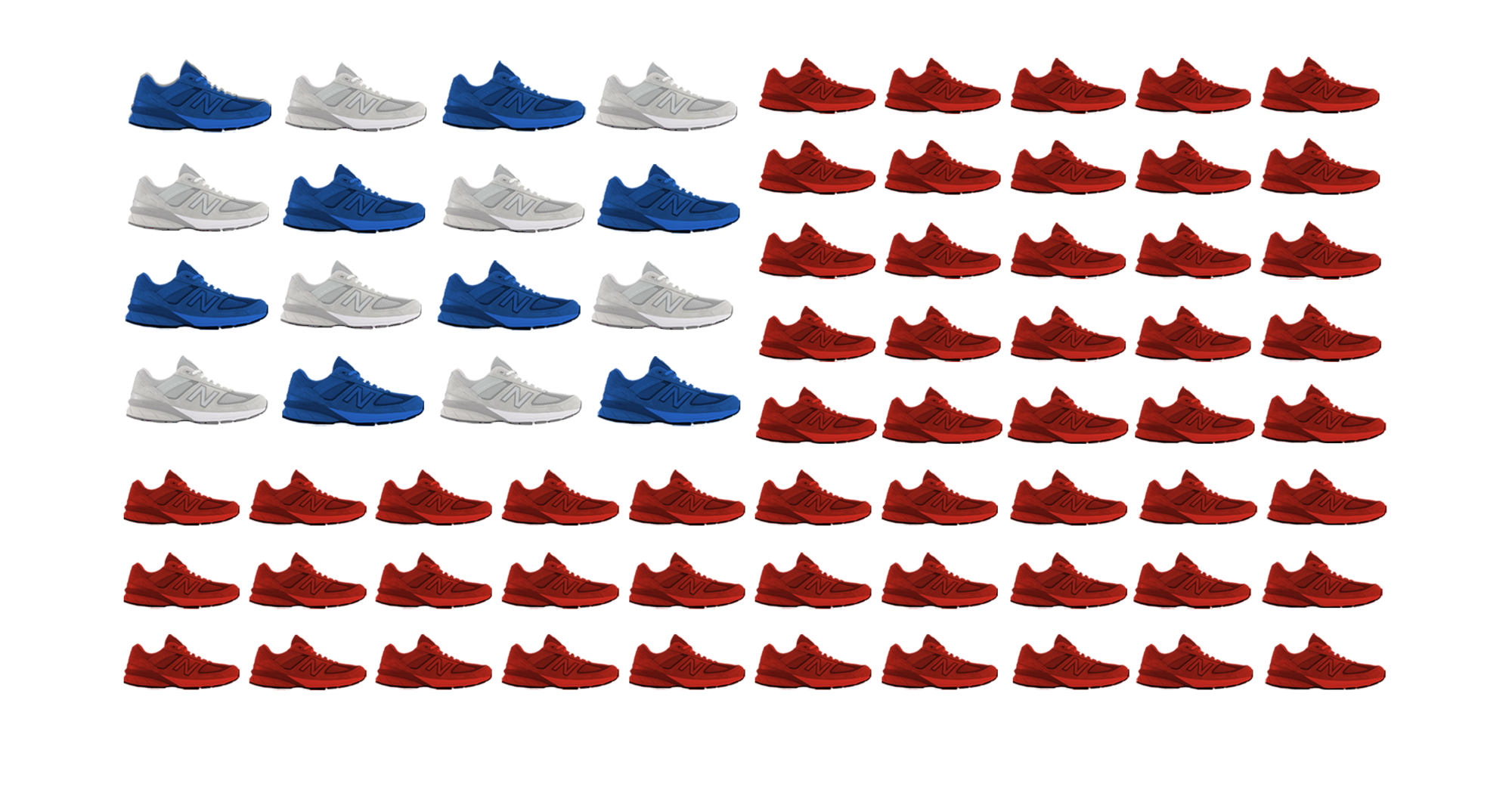
Best Reader Tips of 2021
This year reader tips led to dozens of ad alerts, as well as a complaint to regulators.
A closer look at the who, what, where, when, and why.
|
You could stock a small store with the products that have been accused of being deceptively marketed as made in the USA in recent years. Items range from jeans and boots, to watches and neckties, to energy drinks, beef products, tobacco products and even condoms.
Briefly, for a product to be marketed as made in the USA, “all or virtually all” of the product must be made in the United States. That means the product must contain no — or negligible — foreign content. For example, a product that is assembled in the United States with mainly imported parts cannot be marketed as made in the USA under the FTC’s Made in USA standard.
TINA.org is currently tracking more than 50 class-action lawsuits challenging made in the USA marketing claims. A breakdown of everything from where and when the complaints were filed, to the status of the cases as of April 2023, follows.
Products and Companies
More than a quarter (28%) of the made in the USA class-action complaints relate to U.S.-origin claims for clothing, shoes and accessories. These include lawsuits alleging that:
Nearly a quarter (23%) of the class-action lawsuits relate to made in the USA marketing claims for food and beverages. These include lawsuits alleging that:
Plaintiffs also hit companies with lawsuits alleging that dietary supplements, energy drinks, auto parts, tobacco products, alcohol products, condoms, vacuum cleaners, pet treats and children’s toys are deceptively marketed as made in the USA. Some of the companies named as defendants include Walmart, Reynolds Consumer Products, Pyrex, Lands’ End and General Motors.
In addition, some of the complaints allege that products are falsely advertised as from a particular state in the United States when they actually come from other countries. One complaint alleges that Whistlepig Straight Rye Whiskey is marketed as produced on and with ingredients from a farm in Vermont when they are produced in Canada without any ingredients from the Vermont farm. Another lawsuit claims fruits and vegetables in Cascadian Farm frozen products are marketed as grown in Washington state when they are imported from other countries. Still another lawsuit alleges that Ducktrap River of Maine smoked salmon is advertised as from Maine when the salmon comes from outside of the United States.
Breakdown of Products at Issue
Location of Courts
Made in the USA class actions were filed in 12 different states, with 12 cases filed in state courts and 41 cases in federal courts. (Note: Some of the lawsuits were originally filed in state court and later transferred to federal court.) A vast majority (30) of the cases were filed in California. The remaining lawsuits were filed in Florida, Georgia, Illinois, Maine, Maryland, Massachusetts, Michigan, New Hampshire, New Mexico, Ohio and New York.
Original File Date
Made in the USA complaints in our sampling were filed between 2011 and 2023. The number of complaints increased each year until 2015. The decrease in lawsuits in subsequent years may be attributable to the fact that in 2015, California changed its Made in USA law. The law was amended to relax the state’s strict requirements that prohibited Made in USA labels on products containing any part that was “entirely or substantially made, manufactured, or produced outside of the United States,” to a rule that closely aligns with the FTC’s standard. The new California law allows merchandise to bear the Made in USA label as long as it has been “all or virtually all made in the United States.” Since then, the number of Made in USA class actions has dropped drastically.
Status of the Cases
Seventy-seven percent (41 of the 53) of the made in the USA lawsuits TINA.org has been tracking have been resolved, with 25 settlement agreements, four dismissals and 12 voluntarily dismissals for undisclosed reasons.One of the dismissals was affirmed on appeal.
Federal courts dismissed one of the made in the USA actions in 2016, two in 2017, and one in 2020. Specifically, a California court dismissed a case against Rockstar Energy because the complaint did not specify where the foreign ingredients were from nor the percentage of foreign ingredients in the products. Another California court dismissed a case against the jeans company Citizens of Humanity because the allegations were conclusory and did not meet a requirement for fraud claims. A court in Illinois dismissed a case against the pet food company WellPet, LLC because the complaint did not sufficiently allege injury and likelihood of future damages. The Tenth Circuit Court of Appeals affirmed the dismissal of a lawsuit regarding a “Product of the USA” label on beef products concluding that the complaint failed to state a claim for false advertising and the claims were preempted by federal law.
Of the 25 cases that were settled, the terms were disclosed in 17 of the settlement agreements. The settlement agreements in 16 of these cases provided class members with cash awards, promo codes or gift cards to purchase products, or a free product. The company agreed to make changes to marketing materials or to comply with the law in 14 of the agreements.
Find more of our coverage on made in the USA claims here.
UPDATED: 4-26-23
This year reader tips led to dozens of ad alerts, as well as a complaint to regulators.
TINA.org files a complaint with federal regulators over shoemaker’s deceptive made in the USA claims.
Comparing the amount companies agree to pay to settle deceptive marketing charges with their annual revenue.


